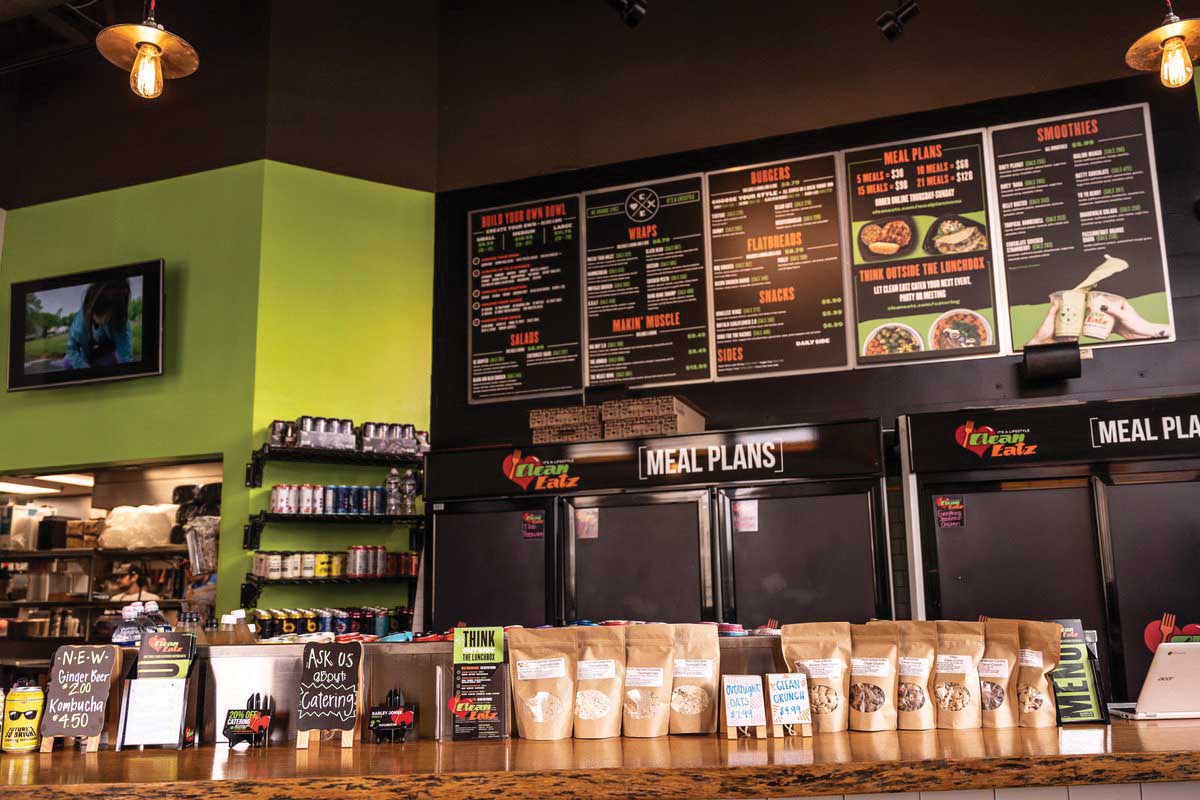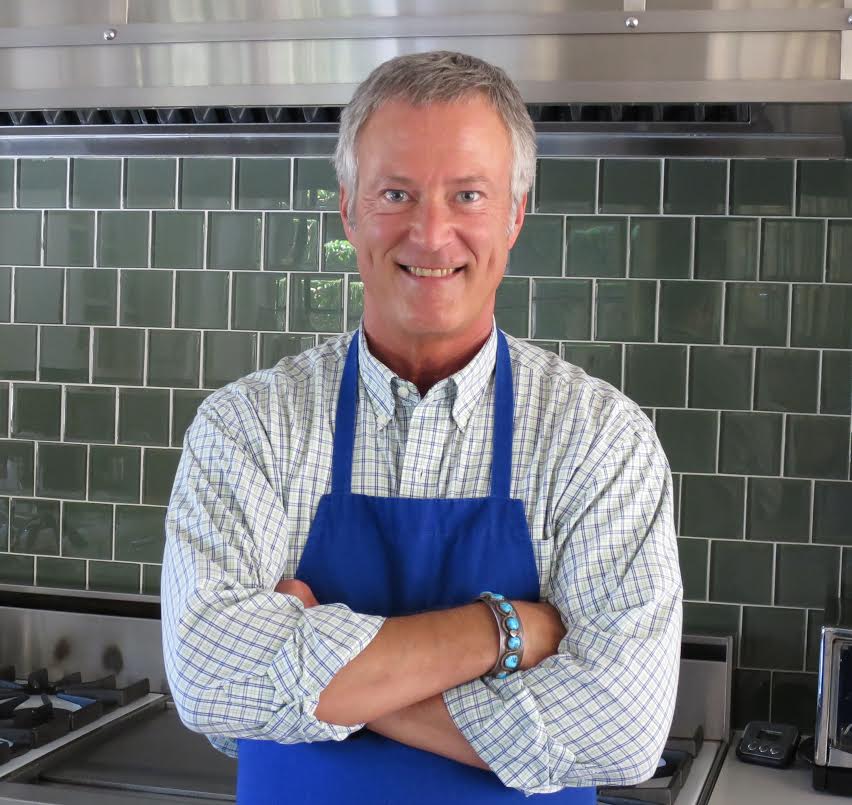Advertisement
Innovation for Good: Clean Eatz
A chain of eateries and a supportive community? Meet Clean Eatz. They're working to enable, encourage, and inspire others to go beyond economic and social constraints and achieve optimal health.
Fact-Checked
This article has been written and fact-checked by experts in the field.

Evonne and Don Varady moved from Illinois to North Carolina in 2013, looking to find a new way forward in life. With nothing but determination and a passion for health and community, they founded the first Clean Eatz location in a less-than-affluent neighborhood near a popular gym.
Their aim was to meet the needs of the community by providing more than “a restaurant that offers healthy food.”
Advertisement
Defining the problem
Clean Eatz was born out of the need to address a pressing issue in American neighborhoods: food insecurity. Food desert is a term that describes inequality in access to food across the US.; however, this barely scratches the surface of the intractable and complex social issue of food insecurity.
One of the aspects of this problem is that “limited access to foodstores or other sources of healthy and affordable food may impede the ability of some people living in the US to eat a healthy diet. Income, vehicle access, and distance to the nearest foodstore may be barriers to food access for some,” as reported by the US Department of Agriculture’s Economic Research Service in 2022.
Another is nutritional inequality. A multi-university study published by the National Bureau of Economic Research in 2019 found that simply having access to healthier foods may not be a solution in and of itself, and that fundamental differences in income, education, and nutritional knowledge may have an equal or greater impact.
Opening supermarkets in underserved communities or increasing access to healthful alternatives in already existing food outlets, may only be a small part of the solution.
As a result, a pathway to improved outcomes would conceivably involve a multi-faceted approach including access to healthier food options, affordable alternatives, nutritional education, and motivation to change entrenched habits.
Advertisement
Seeking solutions
“We didn’t really know what the road ahead looked like for Clean Eatz when we first opened our doors. We just knew the direction we wanted to head; we were hellbent on changing lives through affordable, healthy food, and an ongoing support community,” says Evonne.
Since opening their first location in 2011, Clean Eatz has grown to over 100 locations in 23 states, with more to come. The cafes offer dine-in and takeout options, as well as online meal plans—all configured to be affordable to individuals at all economic levels.
Each Clean Eatz location supports their definition of clean eating: “eating as many of the healthiest options in each of the food groups while also limiting the not-so-healthy options. This means embracing whole, natural foods like vegetables, fruits, whole grains, and healthy proteins and fats … and cutting back on refined grains, added sugars, salt, and unhealthy fats.”
Get involved
Want to be a part of the Clean Eatz mission and community?
· Find a café near you: https://locations.cleaneatz.com/
· Join the We Change Livez Challenge: https://cleaneatz.com/wechangelivez
· Support the Clean Eatz Foundation: https://cleaneatz.com/foundation
Advertisement
Creating community
This, for the Varadys, was only the beginning of their mission. They realized that while access and cost were important factors, support, motivation, and education were also key to living a healthier lifestyle.
“We want people from all walks of life to believe that they can—and deserve to—prosper from a healthier lifestyle. We want them to understand that it’s not an overnight fix. Wellness takes time and commitment, but it doesn’t have to be hard or out of reach,” Evonne explains. “Helping others on their healthy lifestyle journey defines our existence … everything else is just the result of that commitment.”
In addition to offering education through the nutritional information available in their cafes and on their website, the Varadys have established the annual “We Change Livez Challenge” to furnish tools and support to encourage sustained lifestyle changes. Centered around local communities, this challenge offers encouragement, resources, and a helpful workout regimen to the participants, not to mention a grand prize of $25,000 and a year’s worth of free meals. Motivation and inspiration, indeed!
The Varadys have also established a charitable foundation to “raise awareness and money for issues close to our heart… to positively impact communities in ways that go beyond our café walls.”
“We’re passionate about getting deeply involved with all the communities we serve,” explains Evonne. “Most recently, we launched the Clean Eatz Foundation with a focus on helping end childhood obesity. We’ve raised thousands of dollars for campaigns, like sending kids to Camp Pocono Trails wellness camps and spearheading scholarships for individuals entering the health and dietary academic fields.”
At the end of the day, the Varadys have an egalitarian message they are passionate about sharing through each Clean Eatz endeavor. Evonne explains that “We want people to know that a healthy lifestyle is not just for gym rats.
“We see all walks of life at Clean Eatz. Personal wellness also is not something that has to be a pipedream. We want people to give themselves a chance and know they won’t be alone on their journey. There’s an entire community out there ready to cheer on the fighter, and, trust me, it’s worth fighting for.”
Terminology
It has been suggested that the term “food desert” be replaced with “food apartheid” to better reflect the socioeconomic factors at play in the creation and persistence of food insecurity in low-income communities and communities of color.,
This article was originally published in the May-June 2024 issue of alive magazine (US edition).





